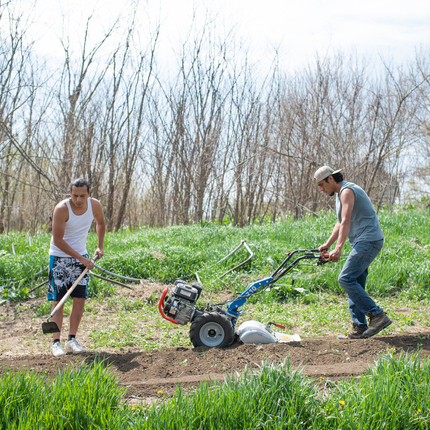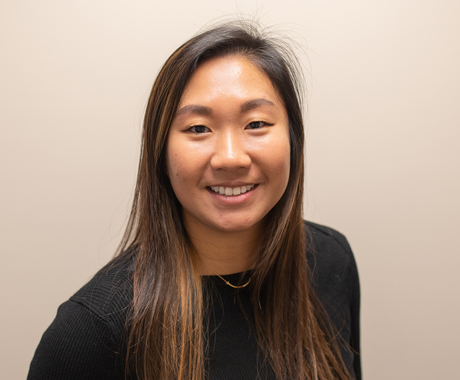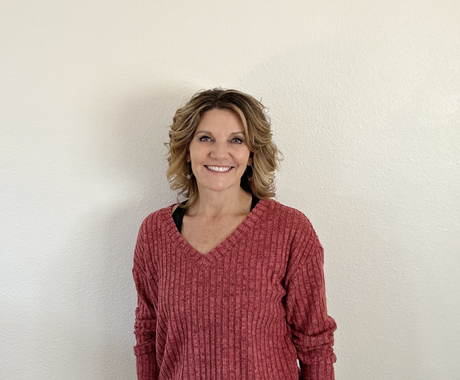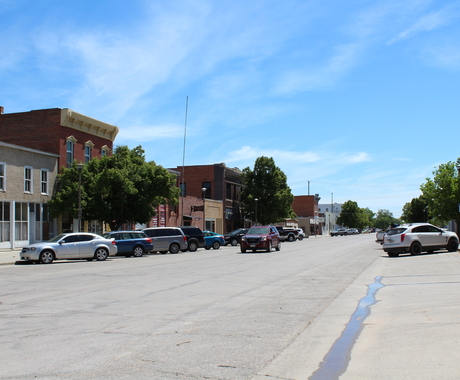Throughout my last essay I wrote about why access to capital—who can get money and what they are able to do with it—is central to rural communities and central to the Center’s work.
Close followers of the Center know, though, that our programs are broader than capital access. This is intentional. While increasing access to capital in ways that align with our mission is necessary to advancing our goals, it is not by itself sufficient.
I recently read “The Search for a New Way: The Story of New Dawn Enterprises.” The book is a history of New Dawn, written by long-time Executive Director Rankin MacSween. The organization serves Nova Scotia’s Cape Breton Island and is Canada’s oldest community development corporation, founded around the same time the Center was.
In the book, Rankin writes, “For me, New Dawn’s work has been centered on two basic questions: Why is this magnificent region so enduringly poor and why are the region’s troubles so frustratingly difficult to remedy? After a lifetime devoted to community development, it is clear that the Island’s challenges are rooted in politics, culture, and history as much as economics. This means that to be effective, our efforts must be rooted in healing and community-building as well as economic development.”
This struck me as a wonderful articulation of what we also know from our work at the Center. The challenges that rural people and places face are rooted in politics, culture, and history, and not economics alone. Thus our solutions must be about healing and community-building operating alongside our work to increase economic opportunity.
This is why the Center works on issues related to environmental stewardship, why we work to help Native Nation partners regain food and community sovereignty, and why we work to ensure new immigrants can be full participants in civic and cultural life as well as economic life. It is also why the Center works on a broad set of policy changes.
Loans aren’t enough. Loans won’t heal broken cultural relationships, and loans won’t build the necessary community capacity small towns and rural areas need.
The Center is a lender, but we are a lender fully engaged with the community and the places we work. We recognize that capital is part of the solution, but we understand we must steward our natural resources, build community, and engage in the political and policy sphere as well. This approach sets the Center apart from peers more narrowly focused on economic development. It also makes our work more challenging, but also more effective.
Feature photo: The challenges that rural people and places face are rooted in politics, culture, and history, and not economics alone. Our solutions must be about healing and community-building operating alongside our work to increase economic opportunity, such as our work alongside the UMÓⁿHOⁿ People in regaining food and community sovereignty.





